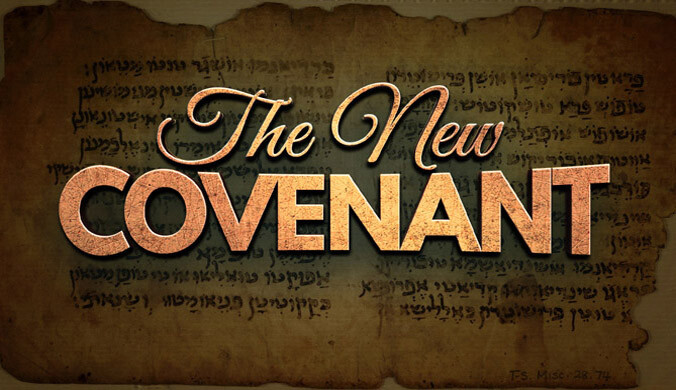Hebrews 9:15 (ESV)
Therefore he is the mediator of a new covenant, so that those who are called may receive the promised eternal inheritance, since a death has occurred that redeems them from the transgressions committed under the first covenant.
The previous four covenants – Noahic, Abrahamic, Mosaic and Davidic – anticipated a greater and better covenant to come, the New Covenant. Now in Christ Jesus, God establishes a covenant with all those who would believe in His Son. Under this new covenant, the believer is assured of an eternal inheritance without any of the curses that were stipulated in the Mosaic covenant. In fact, now, the partakers of this new covenant are not under the law but under grace and therefore are not helpless in the face of sin (Romans 6:14; See also Titus 2:11-12).
The death of Christ is a perfect sacrifice that deals with sin once and for all and therefore totally redeems the believer. In Jesus, we who have trusted in Him for our salvation are truly saved – we are justified, sanctified, and glorified. What this means is that in justification we were saved from the penalty of sin which is death (Romans 6:23). In sanctification, we are continually being saved from the power of sin (Hebrews 10:14). And in glorification, we will be saved from the presence of sin (Romans 8:18-25).
Just before His betrayal, arrest, and crucifixion, Jesus celebrated the Passover with His disciples. However, He introduced a totally new meaning to it. He took bread, broke it, and shared it with His disciples and told them that it signified His body given to them. He took the wine cup and told His disciples that it signified His blood shed for them. With this, and His subsequent death, He fulfilled in Himself all the sacrifices and all the feasts contained in the Mosaic covenant and only left us with one celebration – the Lord’s table or Holy Communion. To His disciples Jesus commanded that we partake of the bread and the cup as often as we can in remembrance of Him for in so doing we proclaim His death and His resurrection until He comes. And so, the next time you hold the bread and the cup in your hand in communion, be reminded that you are now under the New Covenant purchased and guaranteed to you by the blood of the God-man, Jesus the Christ. Indeed, in the words of the hymn writer:
Living, He loved me
Dying, He saved me
Buried, He took my sins far away
Rising, He justified freely forever
One day He’s coming
Oh glorious day
Reflections
1. Are you a partaker of this New Covenant? Have you put your hope in Jesus alone for the salvation of your soul?
2. In view of this New Covenant, what kind of people then ought we to be?
3. How does your knowledge of the New Covenant change your view and future participation in the Lord’s table?







